Japanese Study Abroad Experience and the Mongolian Version of “Japanese-style” Education
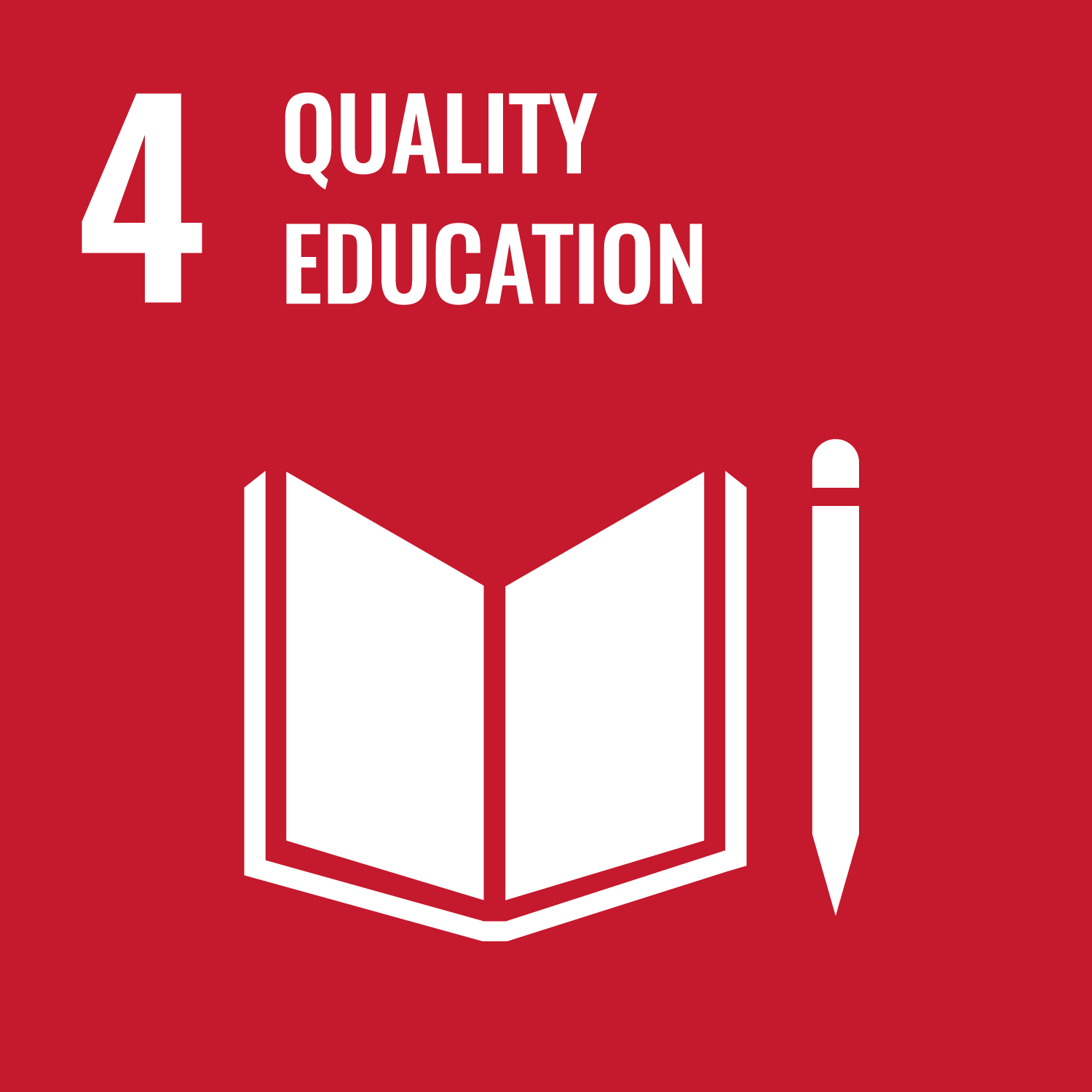
2025.08.01
-

- Tokuji Yoshimura, Senior Representative, Mongolia Office
For Mongolia, Japan, which was once a “close yet distant country,” has now become a familiar presence. Relationships based on trust have been established with students who have studied in Japan and are active in their respective fields.
In the Mongolian parliamentary elections held in June 2024, there was a noteworthy event. A young man who had studied at a Japanese high school, earned a master's degree in urban engineering from the University of Tokyo, and worked at a Japanese consulting firm ran as the top candidate on the proportional representation list of the ruling People's Party and was successfully elected. His election victory and subsequent achievements, despite being relatively unknown in Mongolia, symbolized how highly his Japanese educational background is valued in society.
In Mongolia's political arena, there are many politicians with educational backgrounds in Japan. Individuals who have acquired technical expertise and knowledge in Japan play central roles in national projects such as urban development and transportation strategies. Additionally, those with Japanese educational backgrounds are actively contributing in various fields including business and research.
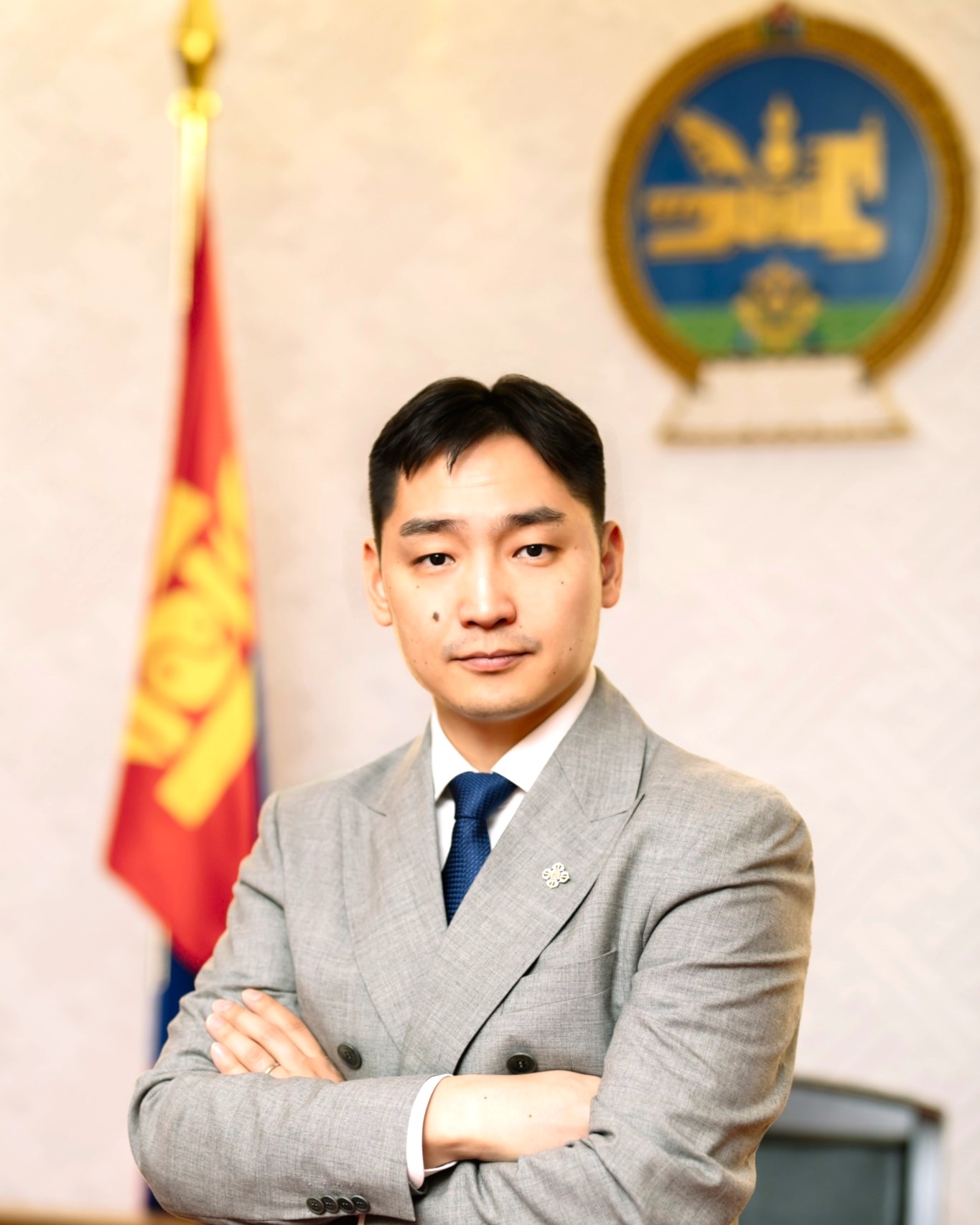
Mr. Luvsanjamts, a member of parliaments who studied in Japan
I myself studied abroad in Ulaanbaatar in the late 1990s. At that time, Japan's presence in Mongolia was still weak, there were no direct flights, and the movement of people and goods was very limited. It was truly a “close yet distant country.”
Over 20 years have passed since then, and upon returning to Mongolia for work, I found that the country had undergone a complete transformation, with increasing instances of deepening connections with Japan. It is no longer uncommon to hear Japanese spoken on the streets, Japanese products line the shelves of supermarkets, and familiar Japanese fast-food chains have established a presence, leaving me amazed.

Japanese restaurant chains operating in Mongolia

Market displaying Japanese food products
Mongolia is a very young country with an average age of about 28, and its people are enterprising and strongly oriented toward overseas opportunities. Young people with high language and technical skills actively go overseas, and many of them choose Japan as a place to study or work. Since Japanese and Mongolian share similar grammatical structures, Mongolian exchange students tend to master Japanese quickly and use it at a high level. Opportunities to encounter Mongolian youth with strong language skills, technical expertise, and flexible, forward-thinking ideas are increasing through my work. As I encounter these outstanding and promising young Mongolians, I feel Mongolia has a bright future.
The connection between Japan and Mongolia is steadily expanding in the field of education as well. For example, there is a private school called “New Mongolia School” in Ulaanbaatar. Founded in 2000, this school has adopted the Japanese education model, focusing on character-building education through greetings, uniforms, and club activities, while also being noted for its high academic standards. It has now become one of the most popular schools in the country, and its educational methodologies are beginning to be introduced into Mongolian public schools.
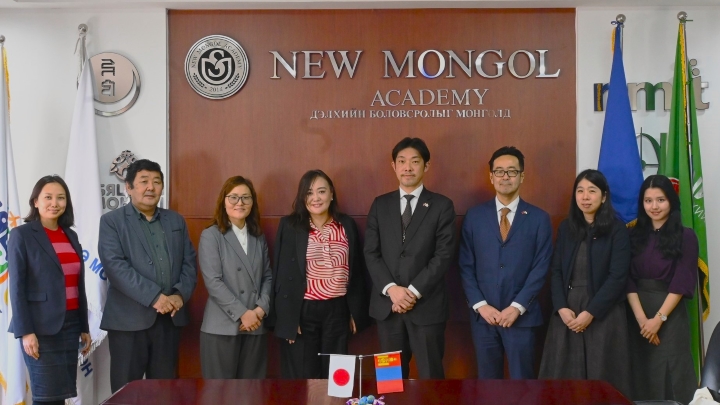
To the management of the New Mongolian School
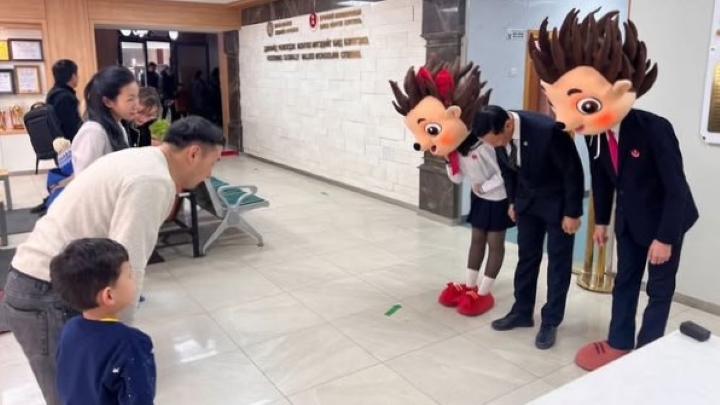
Encouraging greetings at the New Mongolian School
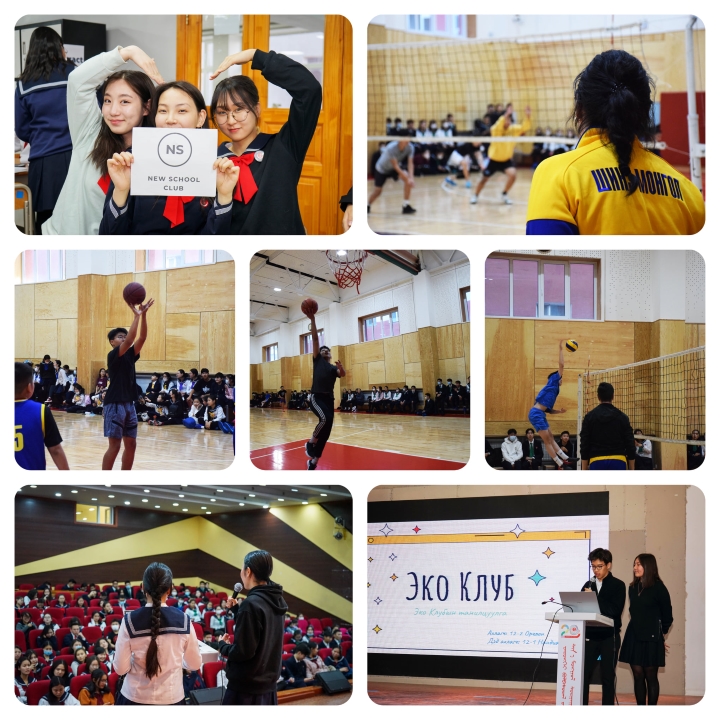
Club activities at the New Mongolian School
Furthermore, technical education institutions modeled after Japan's technical colleges (KOSEN) are also expanding. Three schools were established in Ulaanbaatar in 2014, and now there are six schools nationwide. These schools play an important role as practical human resource development centers in response to the Mongolian government's “industrial diversification” policy.
Teachers and students at Mongolian Technical College (KOSEN)
The Mongolian economy is heavily dependent on mining industries such as coal, copper, and gold, which are pillars of national income, but they have limitations in terms of job creation and economic stability. Social issues such as rising prices and income disparities have also arisen, and there is a strong recognition of the need to diversify the economic structure.
Against this backdrop, trust in Japanese education and science and technology is growing. In a 2019 public opinion survey conducted in Mongolia, when asked about their image of Japan, 61% of respondents answered that Japan is a country with strong economic and technological power. The spread of KOSEN is also based on this trust in Japan.
It is noteworthy that these new Mongolian schools and Japanese-style educational institutions such as KOSEN were established internally by Mongolians themselves who studied in Japan and developed by their own efforts. They have utilized their own study abroad experiences in Japan to incorporate the Japanese education system, while at times blending it with the Mongolian social context to form a Mongolian version of Japanese-style education. Mongolia may be the only country where so many Japanese-style educational institutions have taken root.
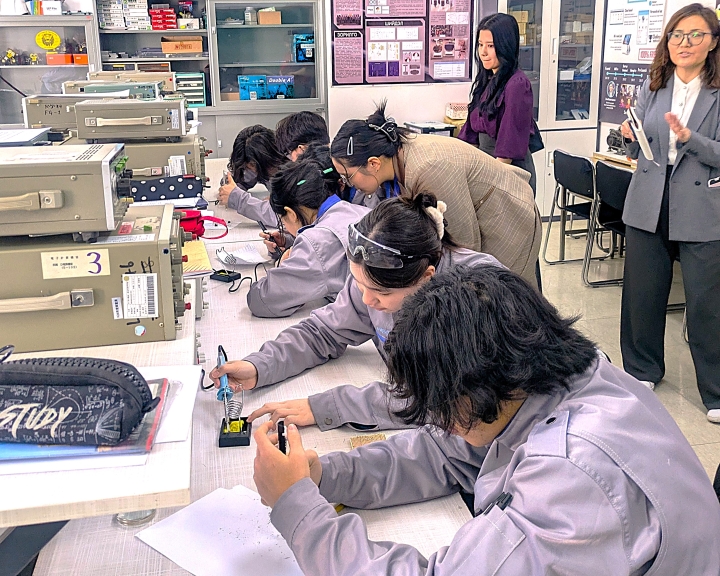
Classes at New Mongolia Technical College(KOSEN)
JICA has also provided multifaceted support for Mongolian education over many years. Through the construction and renovation of school facilities, improvement of teacher training, development of educational materials, and correction of educational disparities, JICA has been focusing particularly on engineering higher education in recent years.
Looking back, Japan has continued to provide support to Mongolia since the 1990s, when Mongolia transitioned to a market economy, and has consistently been the largest aid donor among OECD member countries. The deep trust between the two countries today has been built through the accumulation of this support. Today, exchanges between the two countries are active, and cooperation is deepening in various fields such as politics, economics, and culture. The relationship between the two countries is steadily shifting from one of donor and recipient to a sustainable partnership based on deep trust. And I feel every day that the bridge between the two countries is the younger generation who continue to travel between Japan and Mongolia.
scroll